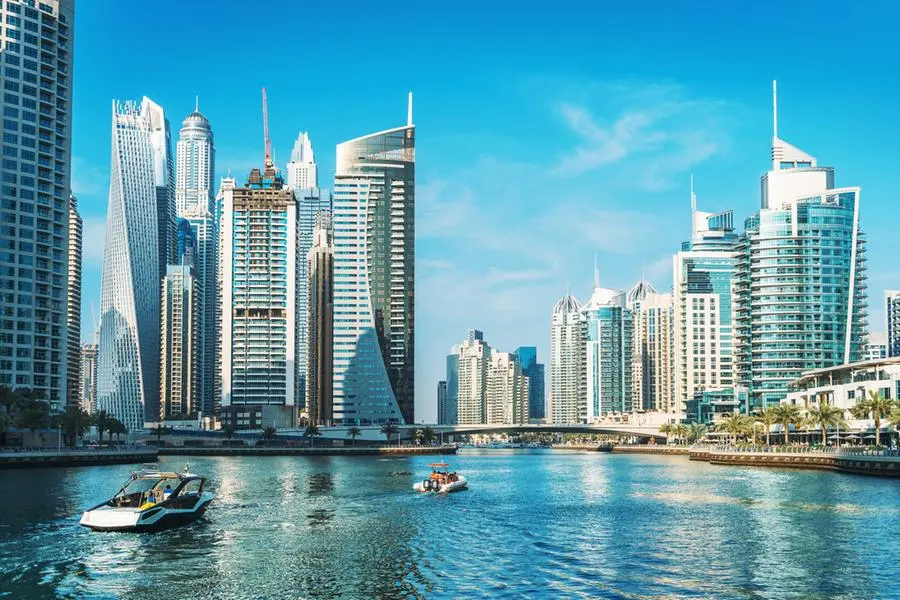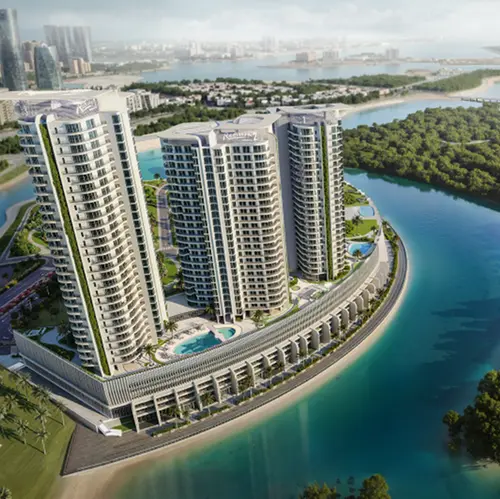PHOTO
Non-oil businesses in the UAE have faced intense administrative delays and increased supply constraints due to the Red Sea shipping crisis amidst a robust rise in business conditions that have resulted in new order inflows and rising output levels, a business survey revealed on Wednesday.
S&P Global's UAE Purchasing Managers' Index (PMI) registered 56.9 in March, down marginally from 57.1 in February. The PMI survey data signalled the joint-fastest accumulation of backlogs of work, alongside June 2018, in the survey's near 15-year history.
However, business optimism ticked up to its highest for six months, and firms experienced a softer increase in their expenses.
"The overall picture for the UAE non-oil private sector remained rosy at the end of the first quarter. The latest PMI reading of 56.9 in March signalled a robust upturn in business conditions, with order book inflows and activity levels still growing sharply," David Owen, Senior Economist at S&P Global Market Intelligence, said.
The shipping crisis in the Red Sea eroded supplier's ability to deliver items on time, preventing them from completing order books.
According to the PMI index, strong demand triggered new order volumes, which marked an expansion from February's six-month low.
Despite increasing their output, companies often struggled to finalise new work in March, leading to the greatest upturn in backlogs of work on record, alongside that seen in June 2018.
"While the surge in backlogs is concerning as an indicator of business health, the pent-up demand should support activity growth for even longer once these issues are resolved," Owen said.
Purchasing growth fell to a seven-month low, although it was still sharp. However, firms reported that they had enough inputs to fulfil new orders.
Non-oil businesses increased recruitment in March and surveyed firms signalled optimism towards future business activity on the back of high demand and strong profits.
(Reporting by Seban Scaria; editing by Daniel Luiz)
seban.scaria@lseg.com




















